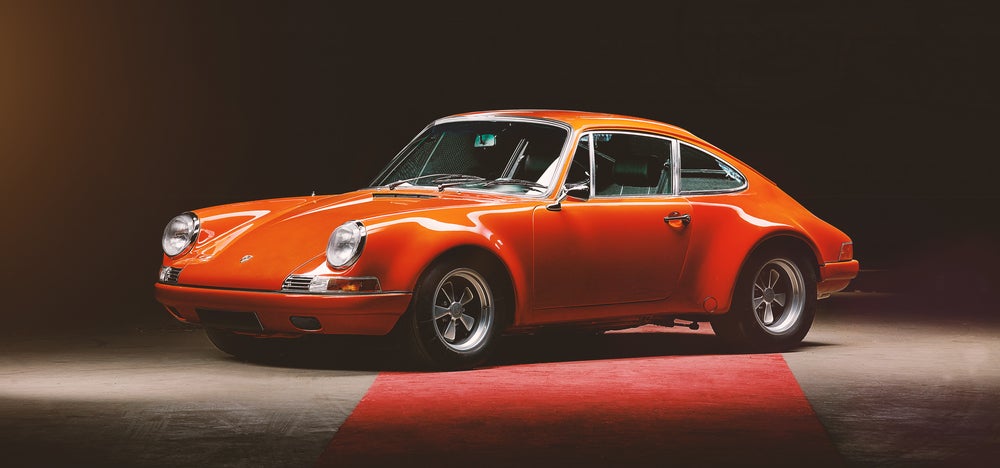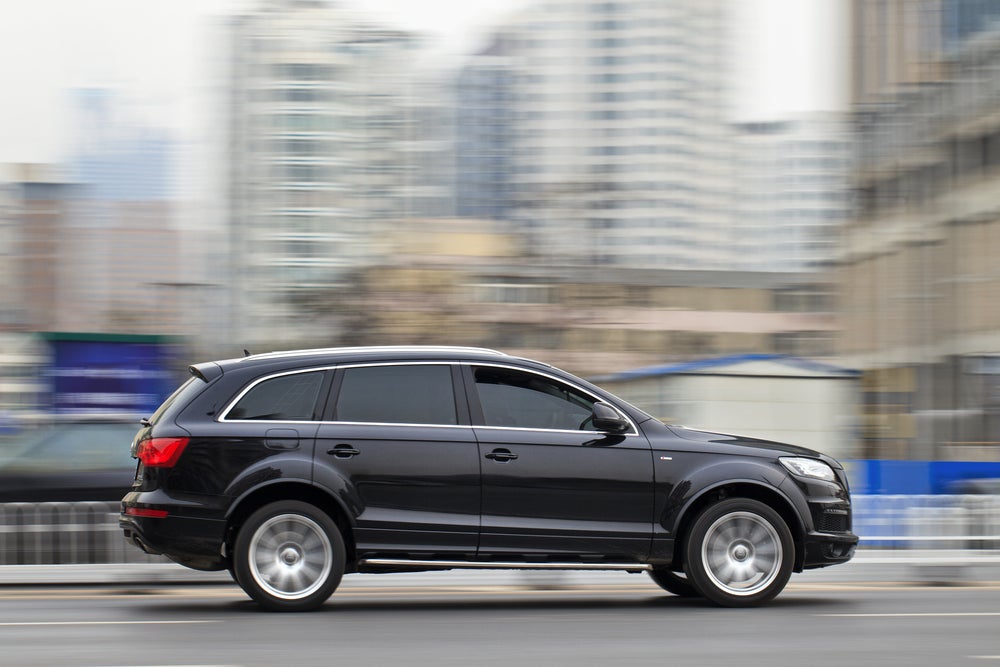April saw a 30-fold year-on-year increase in new car registrations, driven by the reopening of showrooms on 12 April, according to the latest figures from the Society of Motor Manufacturers and Traders (SMMT).
Volumes however remained 12.9% lower than the 10-year average at just 141,583 new units. This year’s monthly total dwarfed that recorded in April 2020, when the first national lockdown effectively shut the country, and just 4,321 cars were registered.
Retail demand saw the most significant recovery, rising from just 871 registrations last April to 61,935. Click and Collect supported the market for the first week and a half until dealerships could reopen on 12 April – a marked contrast from the same month last year, where Covid restrictions effectively prevented private purchases. However, April 2021’s consumer registrations were still 14.5% down on the 10-year average.
Total plug-in vehicle market share broadly followed the trend seen in recent months, accounting for just over one in eight vehicles, or 13.2%. Unusually, plug-in hybrids (PHEVs), at 6.8% of the market, were more popular than battery electric vehicles (BEVs) at 6.5%, following cuts to the Plug-in Car Grant. Monthly BEV uptake was down compared with Q1 2021 overall, however, as they had been running at 7.5% of total registrations.
Overall registrations for 2021 now stand at 567,108 units, some 32.5% down on the average recorded over the past decade. However, the full impact of showrooms reopening has yet to be realised, given the delay between a customer initially visiting a dealership, deciding on a model and then taking delivery of that new vehicle is normally a number of weeks.
In light of the more upbeat economic outlook on the back of vaccine rollout and easing of lockdown restrictions in line with government roadmap, SMMT has revised its forecasts upwards from 1.83m – based on a snap poll in February – to around 1.86m new cars to be registered by the end of the year, a 13.9% increase on 2020.
How well do you really know your competitors?
Access the most comprehensive Company Profiles on the market, powered by GlobalData. Save hours of research. Gain competitive edge.

Thank you!
Your download email will arrive shortly
Not ready to buy yet? Download a free sample
We are confident about the unique quality of our Company Profiles. However, we want you to make the most beneficial decision for your business, so we offer a free sample that you can download by submitting the below form
By GlobalDataHowever, this would still be some 20.2% down on the average of 2.33m registrations a year recorded between 2010 and 2019. The SMMT believes demand is likely to be driven by a broad range of new models and powertrains, with confidence bolstered by the gradual reopening of the country.
BEVs are now expected to account for 8.9% of registrations by year-end – down from the 9.3% initially forecast in January, in light of March’s changes to the Plug-in Car Grant. With PHEVs anticipated to take a 6.3% market share, total plug-in vehicles should comprise 15.2% of all cars registered in 2021.
Mike Hawes, SMMT chief executive, said: “After one of the darkest years in automotive history, there is light at the end of the tunnel. A full recovery for the sector is still some way off, but with showrooms open and consumers able to test drive the latest, cleanest models, the industry can begin to rebuild.
“Market confidence is improving, and we now expect to finish the year in a slightly better position than anticipated in February, largely thanks to the more upbeat business and consumer confidence created by the successful vaccine rollout. That confidence should also translate into another record year for electric vehicles, which will likely account for more than one in seven new car registrations.”
Industry reaction
Sue Robinson, chief executive of the NFDA, said: “April’s results are positive considering dealerships have been open for less than three weeks, with sales previously supported by Click & Collect; since reopening, customer footfall and volume of enquiries at dealerships have been strong and driving schools are seeing a major increase in young people booking driving lessons and tests.
“All of this leads us to believe that there is a very upbeat outlook ahead for the motor industry in the summer and retailers are looking forward to a further release of the pent-up demand accumulated over the past months”.
Seán Kemple, managing director of Close Brothers Motor Finance, said: “Just as things are looking up for the motor industry, it’s been slammed by a wave of turbulence caused by a global semiconductor shortage.
“Given how vital these chips are to the industry, in use in everything from power steering to parking sensors, this will have an impact. Car manufacturers like Ford, MINI and Jaguar Land Rover are halting production in the face of severe disruption, which escalated in April. While new car sales have shot up this month, there’s no doubt that demand will be squeezed by an ensuing supply crisis.”
Ian Plummer, commercial director at Auto Trader, said: “Following the reopening of physical showrooms on the 12 April, we saw levels of consumer demand on Auto Trader accelerate significantly last month, increasing 37% on April 2019. The number of visits to our marketplace saw a similar boost, growing 36%. Over 1.6m people viewed a new car in April alone, resulting in our second-highest number of new car leads being sent to retailers.
“Encouragingly, in addition to these metrics, wider economic factors suggest this performance won’t be limited to a short surge. Not only is the Bank of England set to raise its growth forecasts for the UK when it publishes its latest monetary policy report on Thursday, but in April the GFK consumer confidence index rose to its highest level since the start of the pandemic. This aligns to our own research which shows that consumers’ confidence in being able to afford their next car remains very high, and significantly ahead of pre-pandemic levels.”
Michael Woodward, UK automotive lead at Deloitte, said: “After a year of restricted spending opportunities, savings and disposable income for some consumers are stronger than ever. Combined with more affordable financing costs and some hesitancy on the use of shared transport, the stage is set for car sales to rebound. Next month’s results will be more indicative of true consumer demand and will allow us to better assess the potential speed of the recovery.
“The ongoing global shortage of semi-conductors means that, even as sales start to return, there is little respite for the sector. As a result of the ongoing shortage, some manufacturers are struggling to meet demand and, in some cases, has also meant significantly reducing production forecasts, cutting hours and even idling factories.”
Karen Hilton, chief commercial officer at heycar, said: “As a result of forecourts being able to welcome back customers, it’s little surprise that today’s figures show a surge in registrations – with an estimated 141,000 new cars registered!
“The pandemic has clearly sped up the industry’s digital transformation, with customers increasingly confident in buying cars without kicking the tyres and looking under the bonnet. “While physical showrooms will play a significant role for some time yet – it is clear that for many car buyers the road ahead will be a digital one.”
James Fairclough, chief executive of AA Cars, said: “To get a better sense of the current health of the market, we need to compare it with pre-pandemic levels. Although this April’s figures still lag behind those of previous Aprils, sales are edging closer to pre-pandemic levels, and there are further reasons for optimism now forecourts have reopened for business.
“It was always going to take some time for the industry to return to pre-pandemic levels, but as restrictions ease further and the vaccination roll-out reaches all adults, we may start to see spending pick up on big-ticket items such as new cars.”







